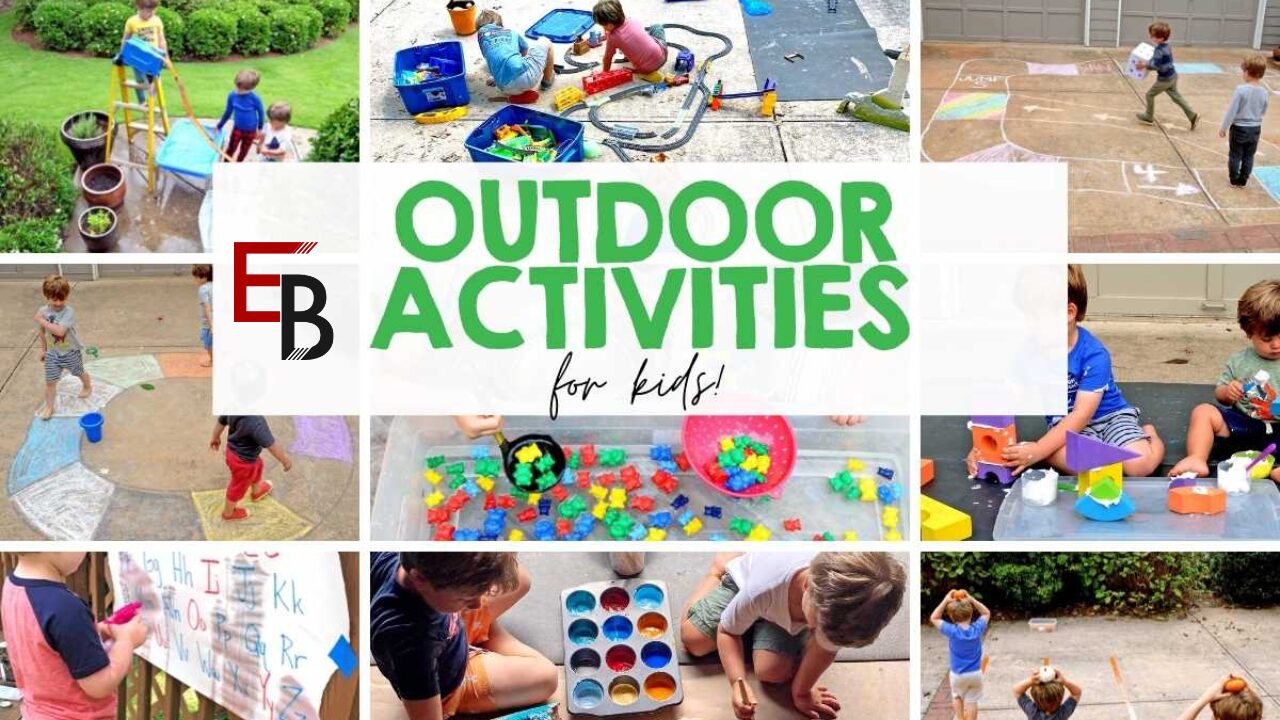Incorporating Nature into Preschool Learning: Outdoor Activity Ideas

Integrating nature into preschool education is a growing trend, emphasizing the importance of outdoor experiences in early childhood development. This approach supports young learners’ physical growth and nurtures their emotional, social, and cognitive development. In this article, we will explore various preschool activities ideas that can be effectively incorporated into preschool learning, offering children enriching experiences that connect them with nature.
Introduction to Nature-based Learning
Nature-based learning is an educational approach that utilizes the natural environment as a teaching tool. It is grounded in the belief that direct experiences with nature stimulate children’s innate curiosity and desire to learn, leading to more profound and meaningful learning outcomes. This method encourages outdoor exploration, play, and discovery, fostering a lifelong connection and respect for the natural world.
Benefits of Incorporating Nature into Preschool Learning
Incorporating nature into preschool learning offers many benefits, including enhancing physical health, supporting emotional well-being, boosting cognitive skills, and fostering environmental stewardship. Outdoor activities encourage physical activity, crucial for developing motor skills and overall health. Nature also provides a calming environment that can improve mood and reduce stress. Cognitive benefits include enhanced creativity, problem-solving skills, and an increased capacity for focus and attention. Additionally, early experiences with nature help instill a sense of responsibility and care for the environment.
Outdoor Activity Ideas for Preschoolers
Nature Walks and Scavenger Hunts: Organize guided nature walks where children can explore their surroundings, observe different types of plants, animals, and insects, and learn about their habitats. Scavenger hunts can make these walks more engaging by providing children with a list of natural items to find, such as leaves, stones, feathers, or bark.
Gardening Projects: Gardening is a hands-on activity that teaches children about plant life cycles, the importance of caring for living things, and their food sources. Starting a small garden allows children to plant seeds, water plants, and observe growth over time, fostering patience and responsibility.
Outdoor Art and Creativity: Use nature as inspiration for art projects. Children can create natural collages using leaves, twigs, flowers, and other outdoor materials. Drawing and painting landscapes or natural objects also encourage observation and artistic expression.
Sensory Exploration: Activities that engage the senses help children develop observation skills and awareness. Please encourage them to listen to different natural sounds, touch various textures, smell flowers or herbs, and observe the diversity in colors and shapes.
Wildlife Observation and Conservation: Teach children about local wildlife through observation. Setting up bird feeders and watching for different species can introduce children to bird management and animal care. We were discussing the importance of not disturbing natural habitats fosters respect for wildlife.
Weather and Seasonal Changes: Observing and discussing weather patterns and seasonal changes can enhance scientific understanding. Activities like charting daily weather, noting changes in trees or plant life through seasons, and measuring rainfall introduce basic scientific concepts in a practical context.
READ MORE
Implementing Nature-based Activities in Preschool Curriculum
Incorporating these activities into the preschool curriculum requires planning and flexibility. Teachers should consider the local environment, available resources, and safety concerns. Preparing children for outdoor activities is essential to discussing safety rules and dressing appropriately for the weather. Additionally, integrating these experiences with indoor learning activities and discussions can deepen children’s understanding and retention of knowledge.
Conclusion
Incorporating nature into preschool learning enriches the educational experience by allowing children to explore, discover, and connect with the world around them. These outdoor activities support holistic development and instill a sense of wonder and respect for the natural environment. By embracing nature-based learning, educators can provide a dynamic and engaging educational foundation for young learners, nurturing curious minds and fostering a lifelong appreciation for the natural world.
